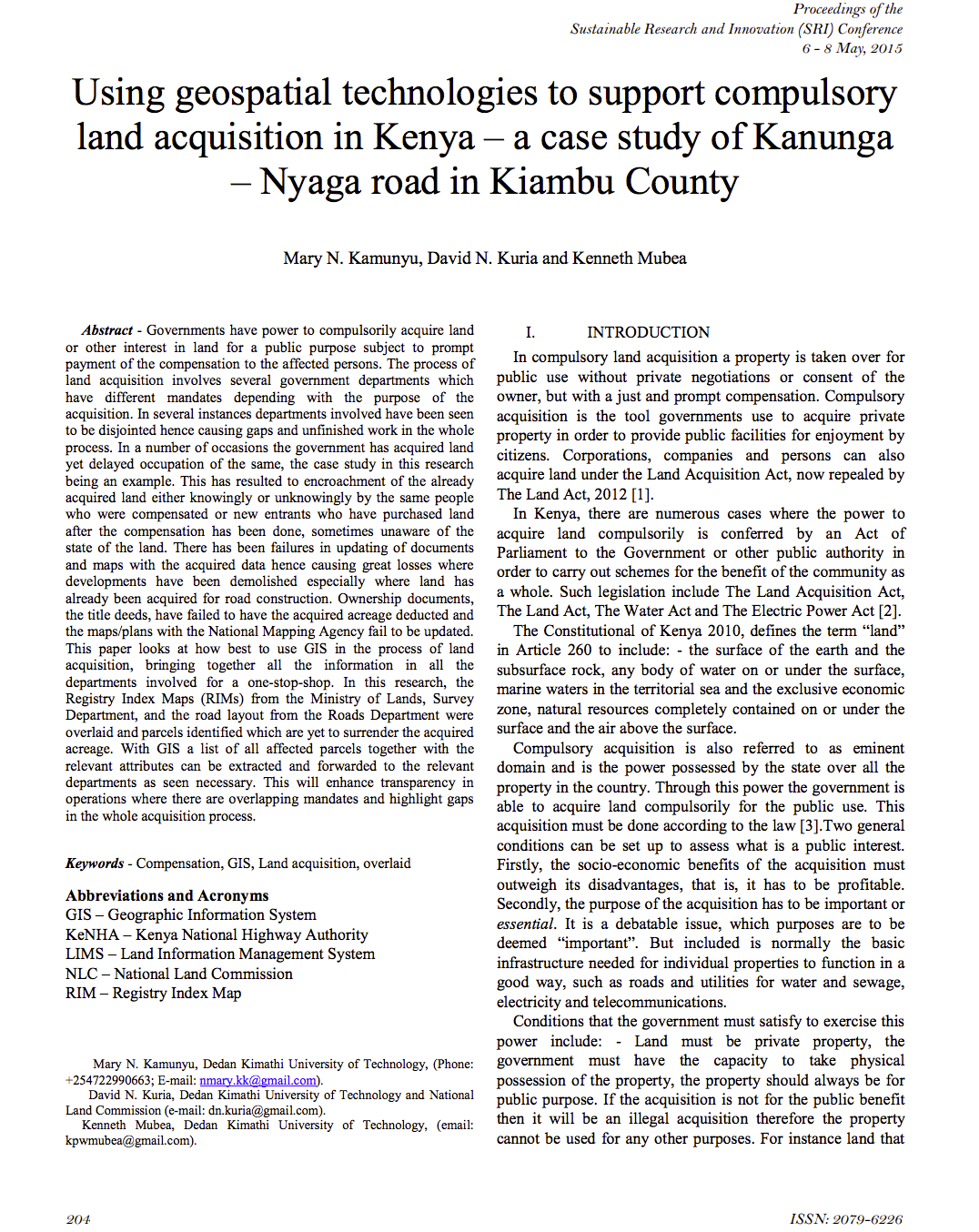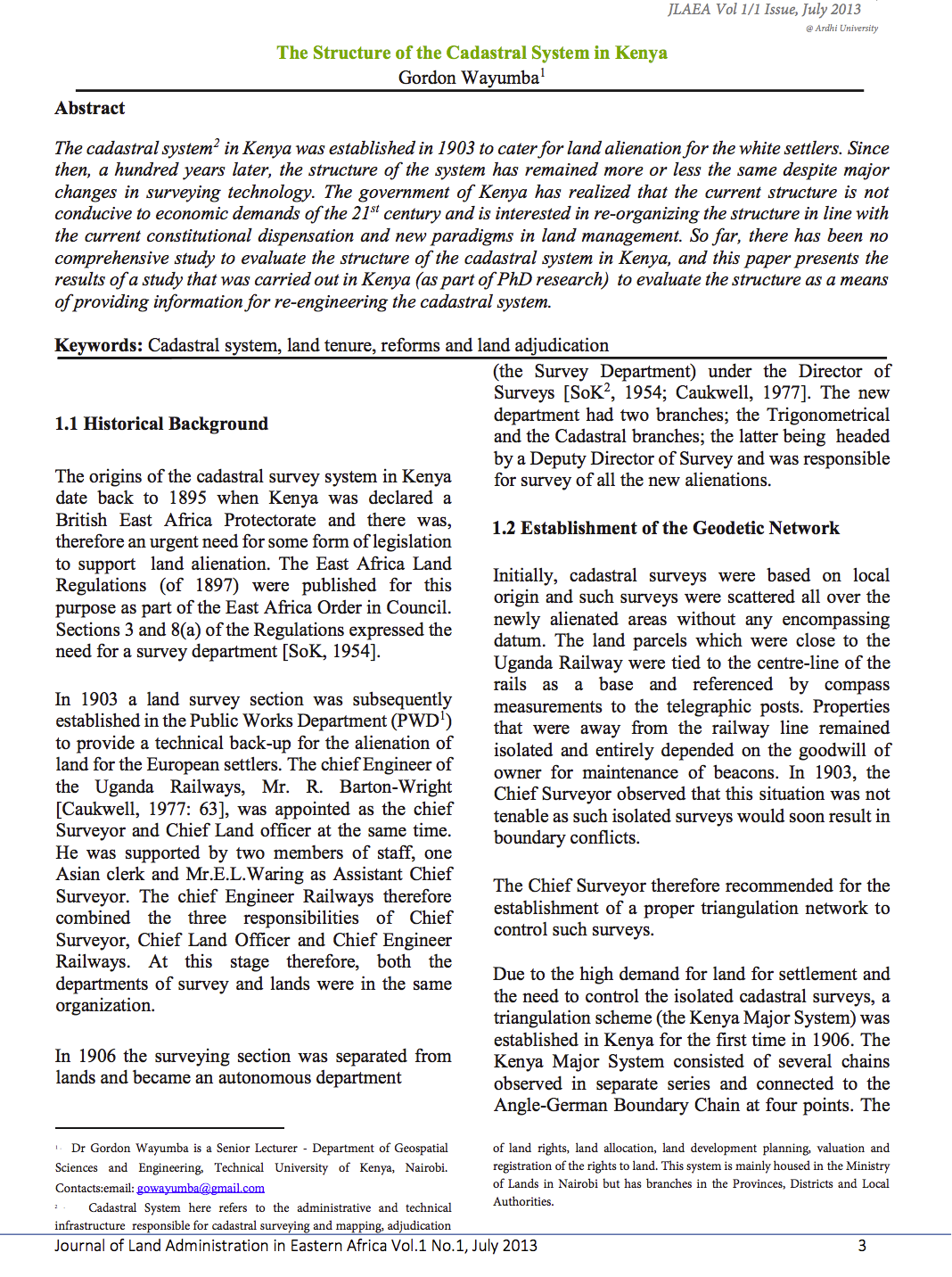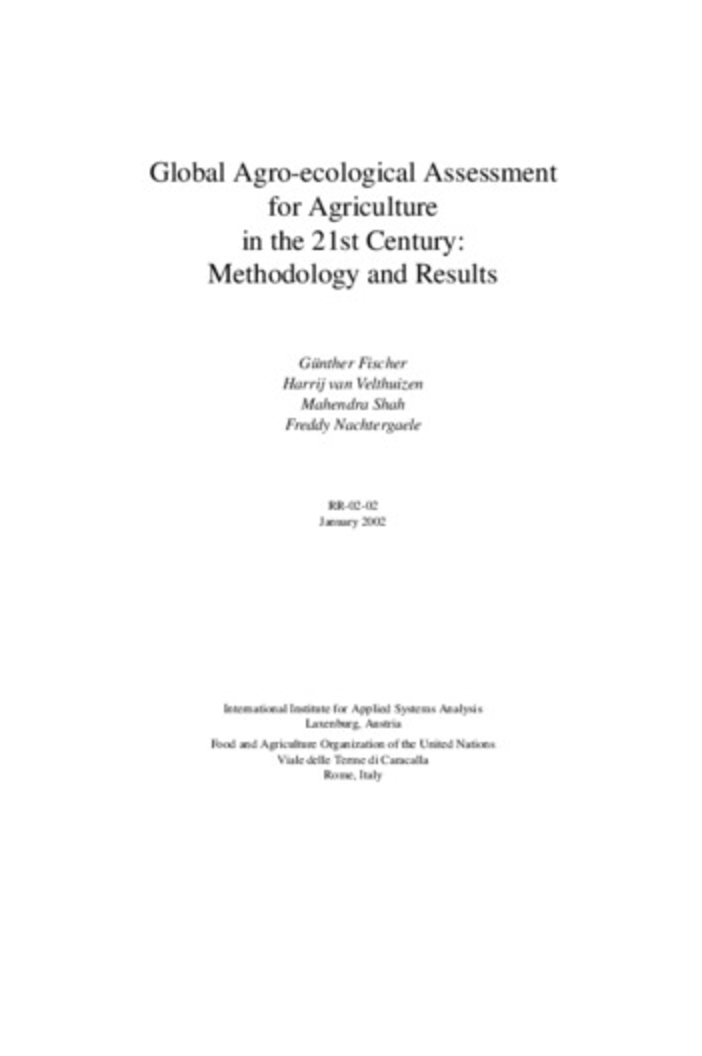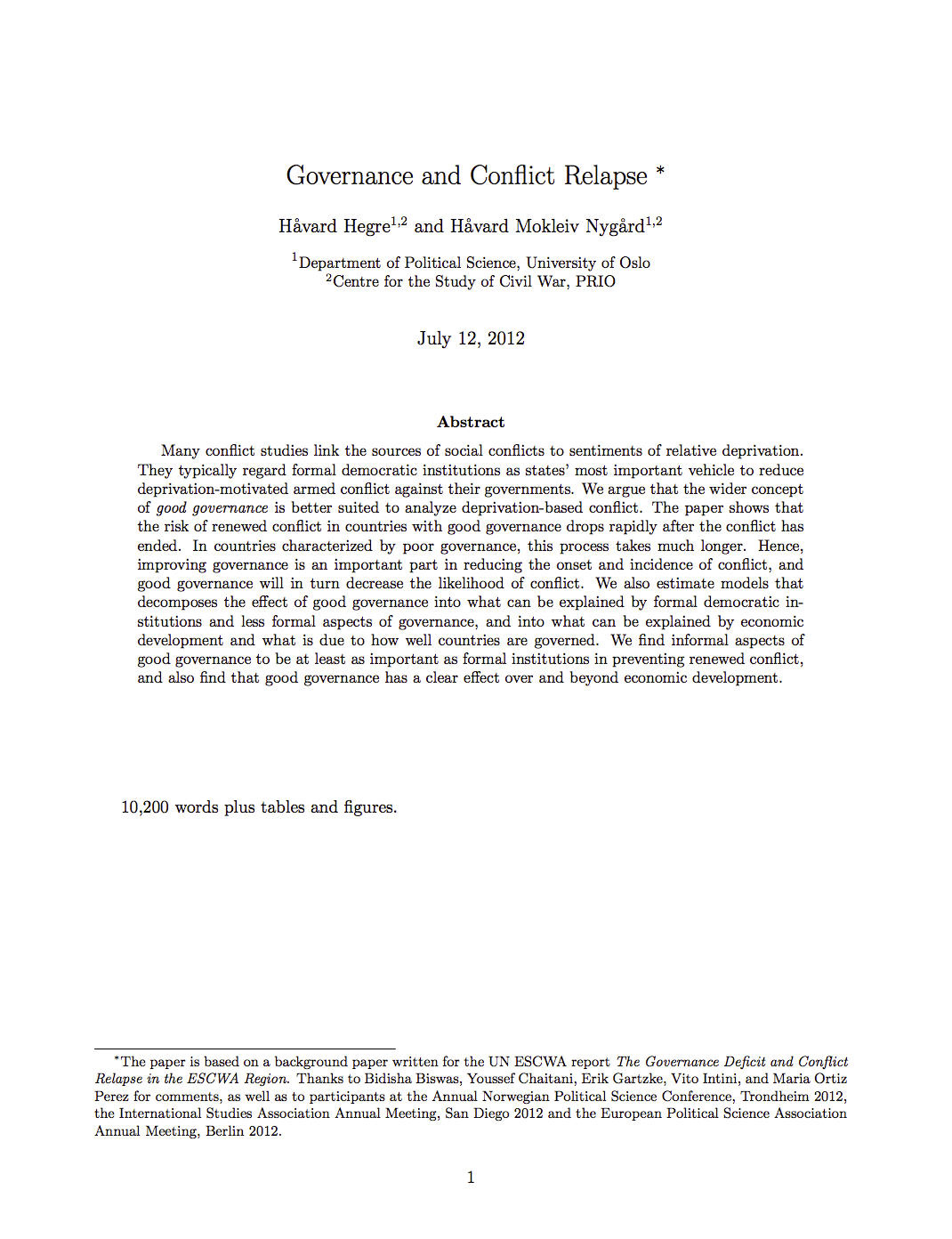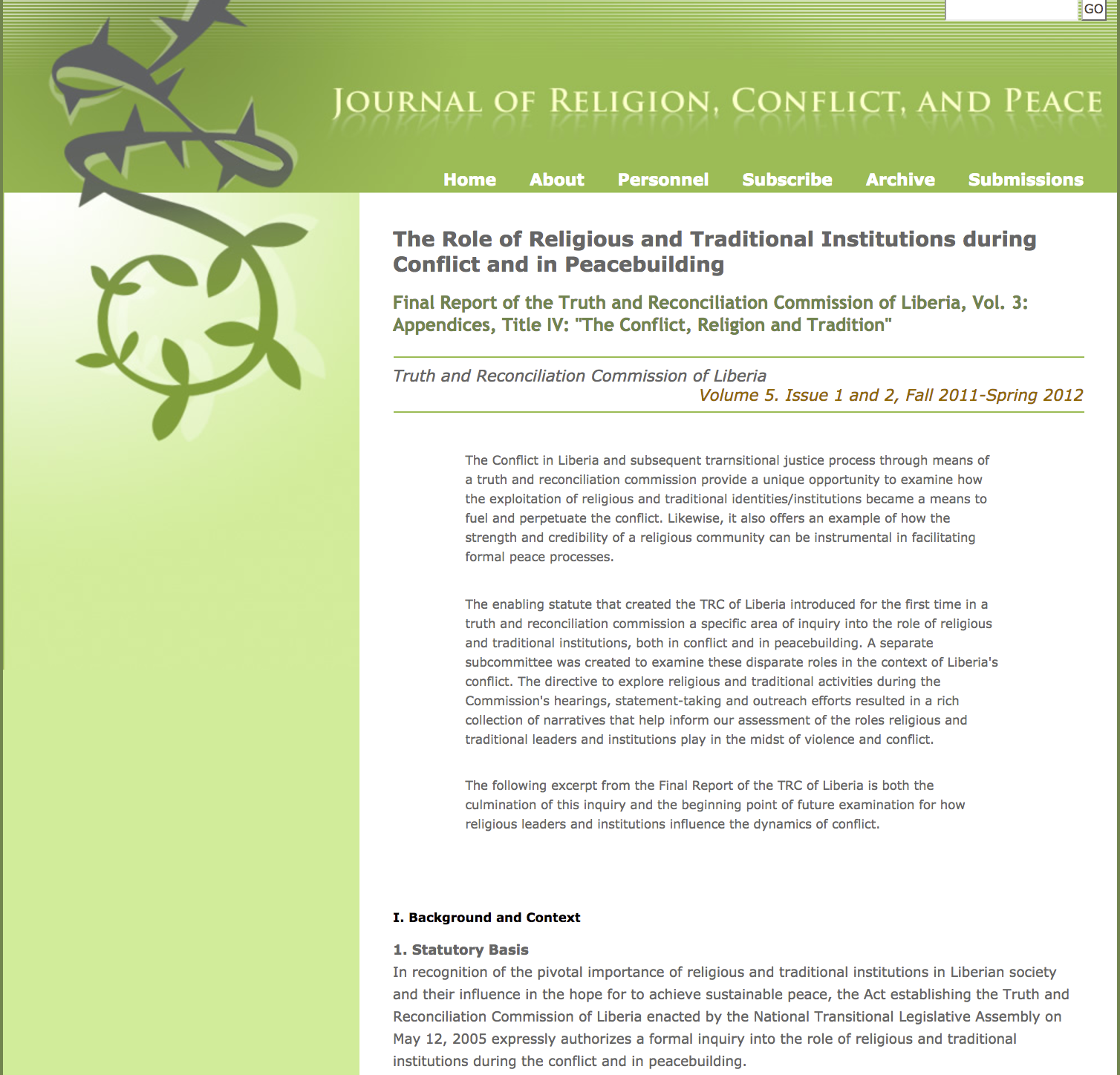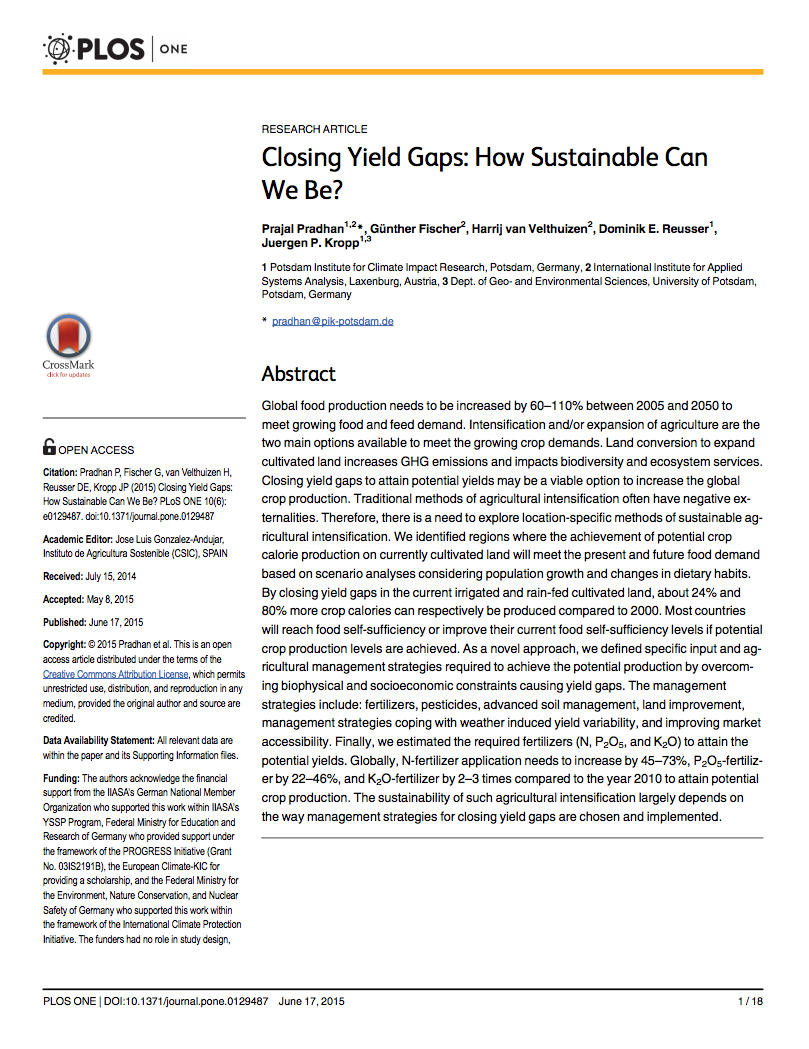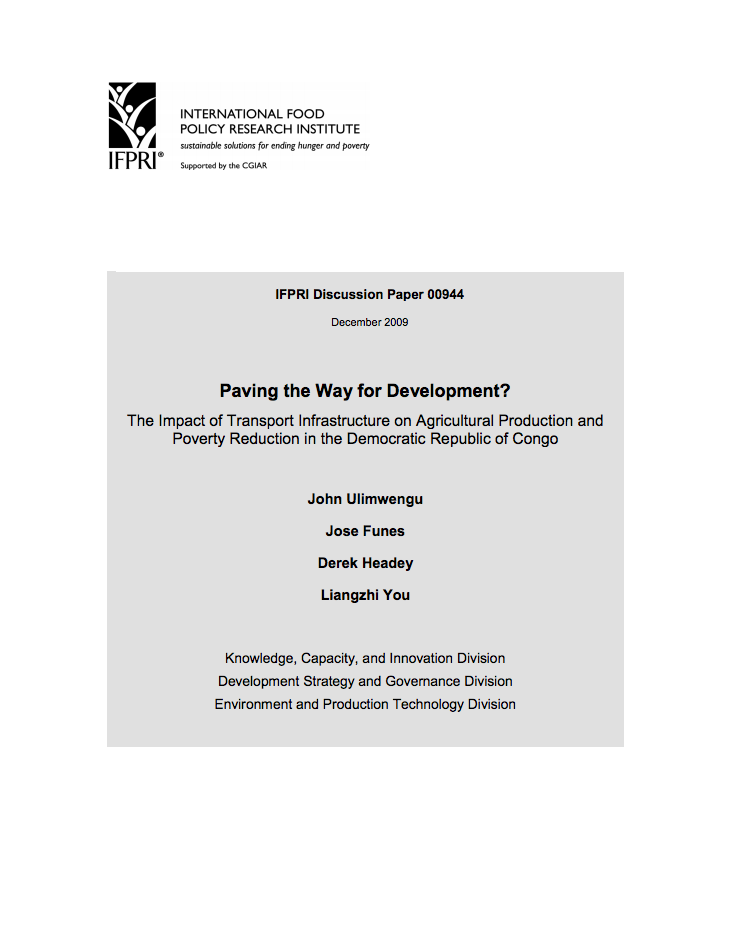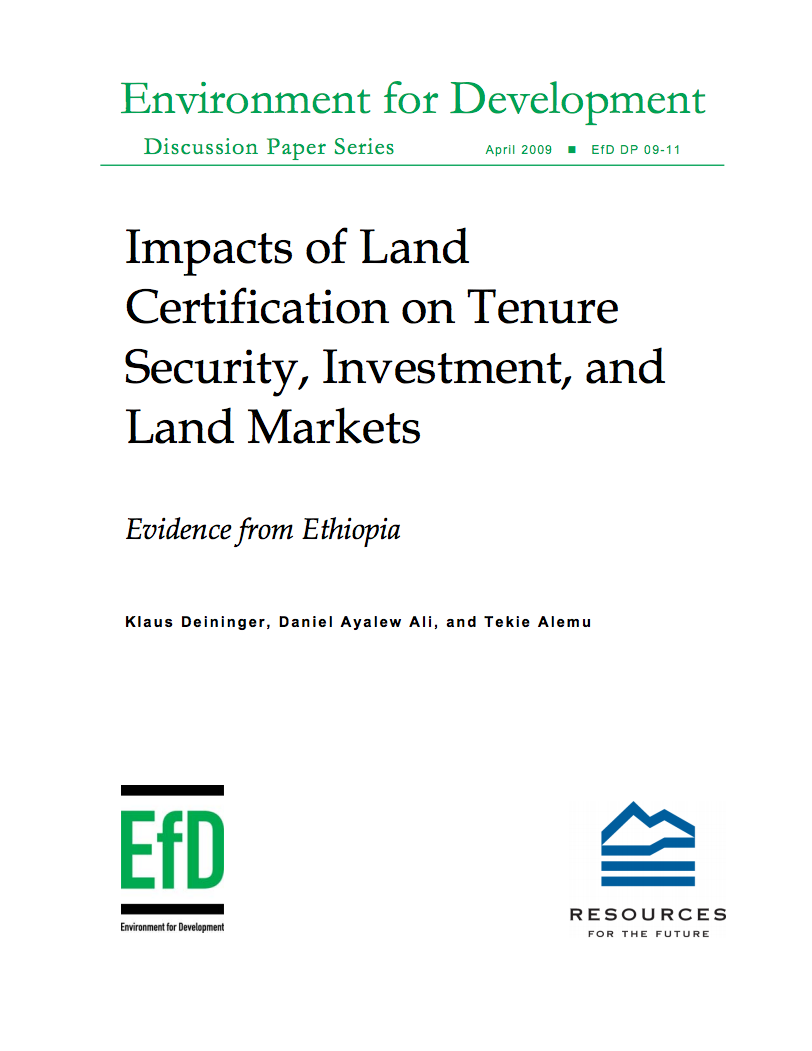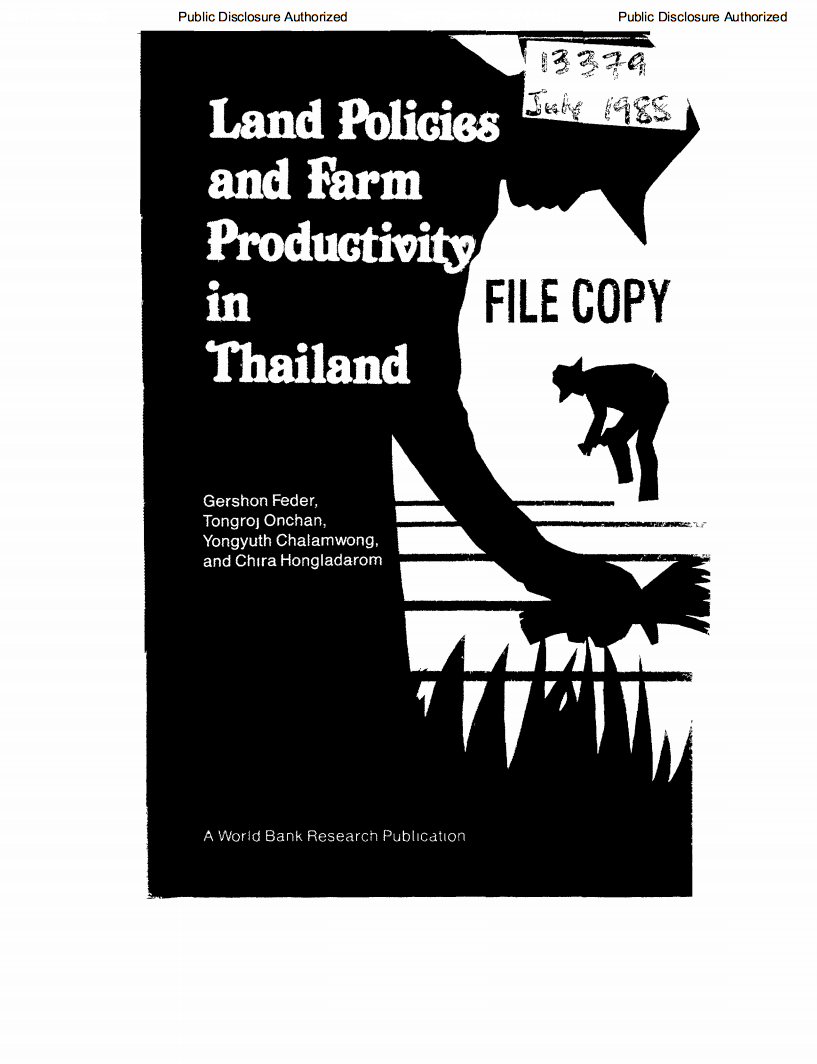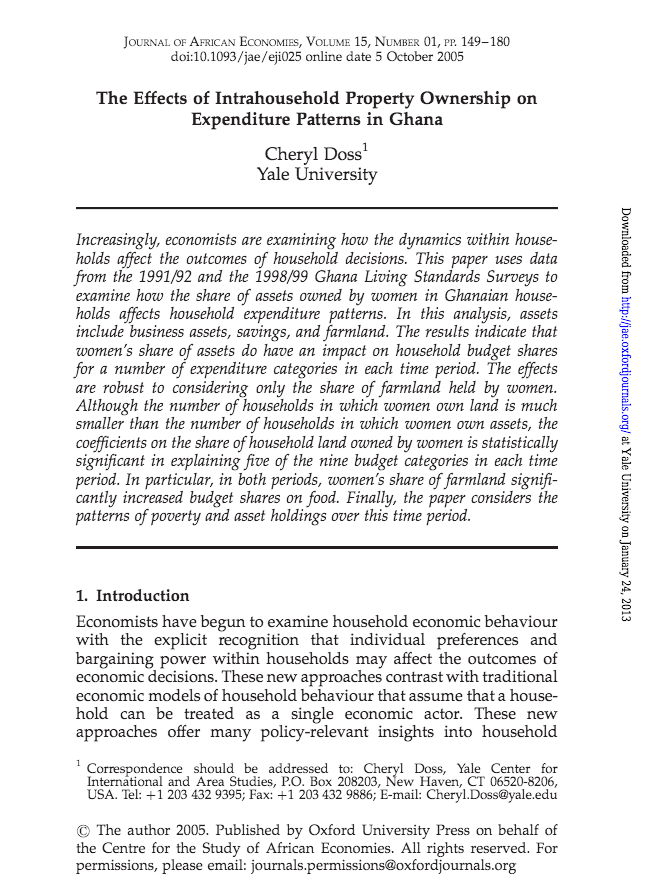LAND REGISTRATION DATA STANDARDS, INTEROPERABILITY AND DATA ACCESS IN KENYA.
Land Registration and Administration in Kenya is currently operated on a multi-legal platform [UN 2013]. The Land Registration Act No. 3 of 2012 (LRA) was in that regard enacted to consolidate, harmonize and rationalize land registration goals; which are yet to be achieved. This is majorly because in as much as the 2012 statute repealed five out of the seven major land registration laws, they all remain in force under LRA’s transitional clauses. The Government of Kenya is making efforts to avail land registration information online via the e-citizen platform.


